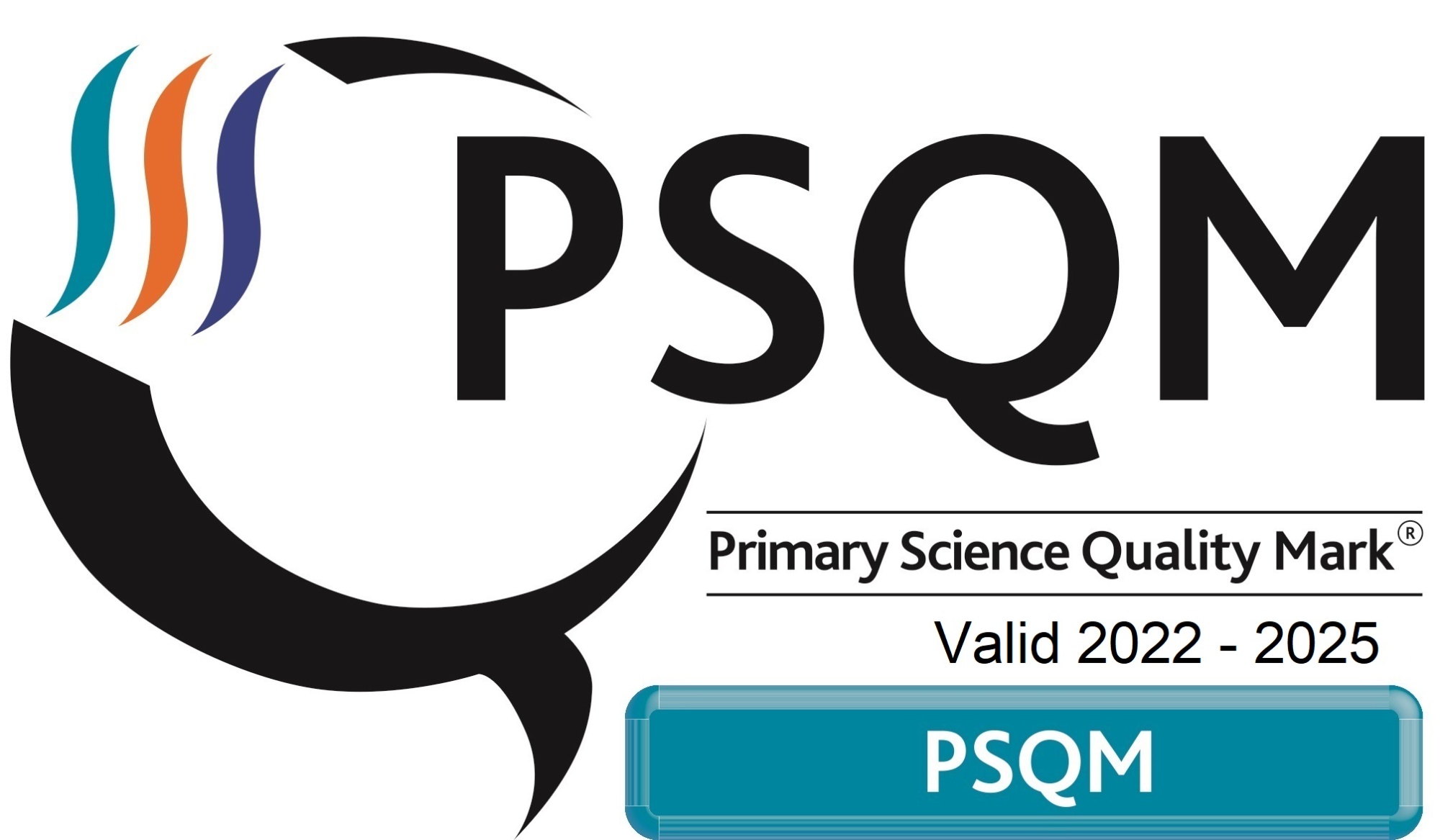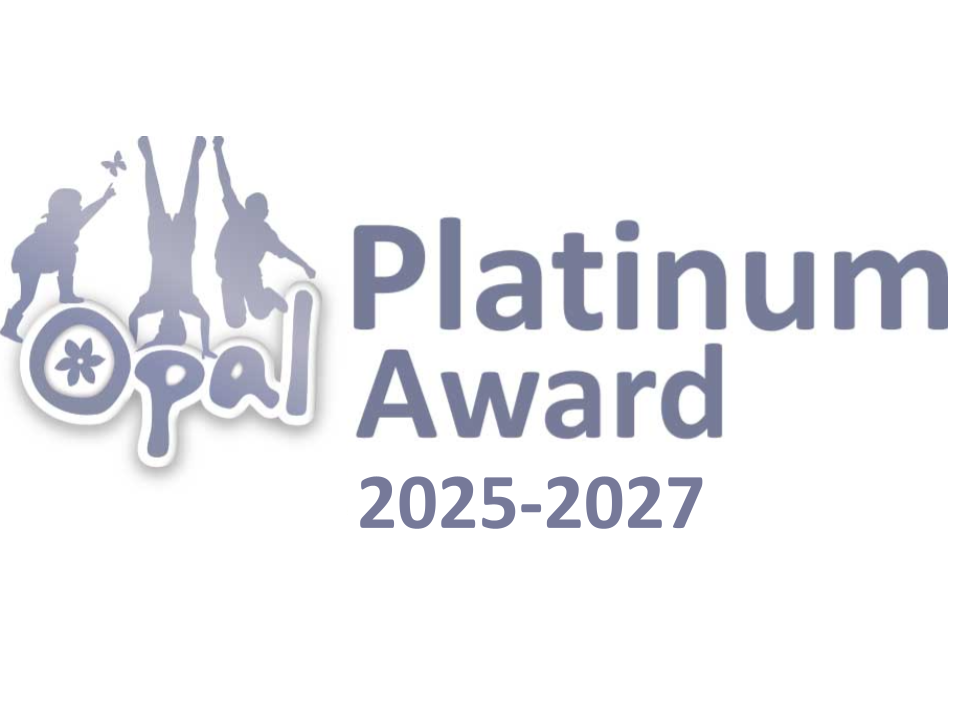Religious Education at the Federation
Our statement on Collective Worship
At the Trumpington Federation we use the time allocated to Collective Worship as an opportunity to celebrate all aspects of school life, to support our curriculum and to provide an opportunity for coming together to reflect on our community’s values and rights.
The central aims when we come together as a school are to:
-
Provide our children with spiritual, moral, social and cultural educational opportunities through collaborative and meaningful themes and relevant topics.
-
Celebrate the values and worth of the whole school community and all who belong in it, our diversity, no matter who we are or where we come from.
-
Help children understand both the nature and language of worship of different world faiths.
-
Help children develop respect and sensitivity to the beliefs and values of others.
-
Support the broader curriculum through the use of art, story-telling, current affairs and inspirational individuals who reflect our values.
At the Trumpington Federation, we use the Cambridgeshire Agreed Syllabus for Religious Education as the starting point for our learning. Lessons are organised into half-termly schemes of work which allow us to provide in-depth coverage of a range of religions, spiritual and secular belief systems and to also reflect and prepare our pupils for the multicultural society we live in. At its heart, our curriculum allows pupils to learn about religions and learn from religions, building on their individual starting points, beliefs and needs. It is our expectation that all pupils will develop a high level of ‘religious literacy’ or understanding of the faiths studied during their time at the Federation.
The topics are linked, where appropriate, to other subject areas such as history, geography, science, PSHE and art in order to allow students to explore the ‘bigger picture’. Each topic is intended to provoke thought and discussion on a number of key questions with an emphasis on enquiry, investigation and reflection, drawing on pupils’ direct experiences as a starting point (for example, the study of religious festivals in Key Stage 1) with the concepts becoming more abstract in upper Key Stage 2 (such as, ‘what is forgiveness?’); their responses to such ideas include art work, debate, and extended research and presentation.
The RE taught at the Trumpington Federation is highly inclusive and aims to ensure all children have an understanding of different faiths around the world. Under the School Standards and Framework Act 1998, parents are entitled to remove their children from RE lessons. Any parent wishing to do so is asked to contact the headteacher via the school office.



